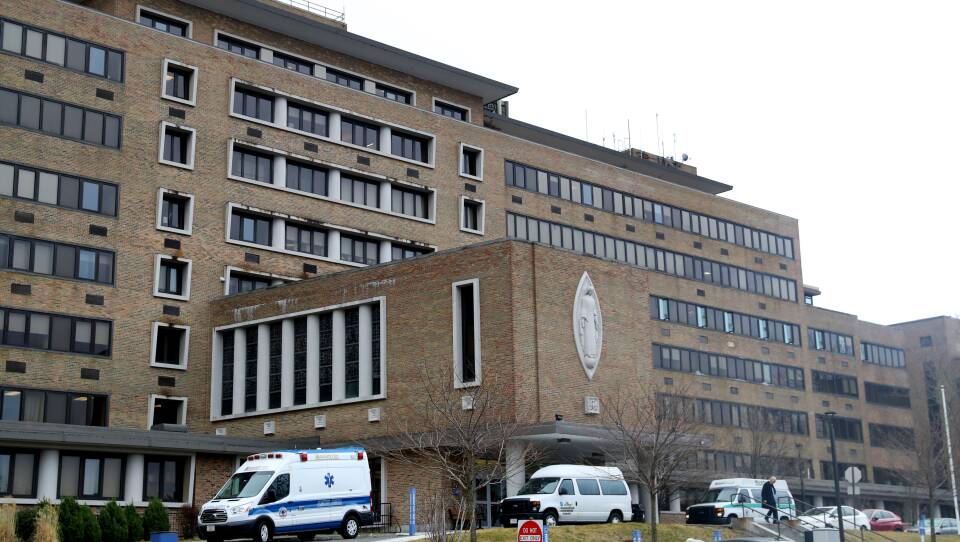As hospitals across Massachusetts adapt to a surge in patients with the novel coronavirus, they are also struggling financially. Tight budgets have led to furloughs, pay cuts and salary withholdings for many health care workers in the state.
Boston Medical Center has furloughed approximately 700 employees, saying they will temporarily not be paid, but can expect to return to work at some point.
Atrius Health has announced major cuts, including a one-month furlough for staff who lack work during this crisis and a reduction in pay for others. “Most staff who remain at work making above a certain income level will have some of their pay withheld, on average 20 percent, with a plan to pay them back at a later date,” wrote their president, Steve Strongwater, in a statement.
In statements sent to WGBH News, Boston Medical Center and Atrius Health said they are resilient, but these are very difficult times and they are trying to navigate uncharted waters.
Steward Health Care, which runs 10 hospitals in Massachusetts, did not respond to multiple requests for comment, but it has been reported that they are also implementing temporary furloughs.
The list goes on.
“If we look at a hospital like any business that has to pay its people at the end of the day and meet its financial obligations, this is an absolute nightmare,” said Leonard Marcus, a lecturer at Harvard’s School of Public Health and a co-director of the National Preparedness Leadership Initiative.
He said even if hospitals are busy with patients who have coronavirus, they are losing money.
“Many of the services that are revenue generators simply aren't being provided,” Marcus said. “Any kind of medical procedure that could be delayed is not taking place. And that means that those providers are not working and generating revenue. The machines that have been invested in are not being used.”
It is not only hospitals’ complex systems of bills and compensation that have been disrupted. Hospitals may soon also face a costly workforce issue, said Marcus. Many hospitals have to pay employees out on sick leave or quarantine while also paying for the health care worker’s replacement.
Marcus said it is hard to know how resilient hospitals will be and which ones will emerge unscathed at the other end of the pandemic. He said it depends a lot on what aid from the government looks like and what their financial status was before the outbreak.
The current pay cuts and unpaid furloughs are affecting a wide range of hospital positions. Tim Foley, the vice president of 1199 SEIU, which represents health care workers, said it’s affecting both administrative staff at the hospitals as well as people who work in outpatient settings and hospital call centers.
Foley said union members understand that the situation is extraordinary, but as low-wage and middle-income workers, their big concern is how long this will last.
“There's a high level of anxiety and concern overall amongst health care workers in this moment, and in particular furloughed workers want to make sure that this is, in fact, a temporary impact,” he said.
Foley said almost all the employers have reassured the union that the changes are temporary. And in the meantime, he said, union members who have been furloughed are using paid time off they’ve accrued or are applying for unemployment insurance.
However, Donna Kelly-Williams, president of the Massachusetts Nurses Associations, said she does not think pay cuts or furloughs should be happening.
“It just makes absolutely no sense for any of this to be happening, especially in Massachusetts,” Kelly-Williams said, arguing that many hospitals in the state are very profitable and should be able to provide for their workers during a crisis that has only lasted a few weeks so far.
Additionally, she said, “Congress just passed a $130 billion in relief for all of these facilities, acknowledging that they will be receiving less revenue as a result of not being able to do their elective surgeries.”
But until hospitals either return to normal streams of revenue or relief funds come through to cushion workers' paychecks, many health care workers will continue to face uncertainty throughout the pandemic.





